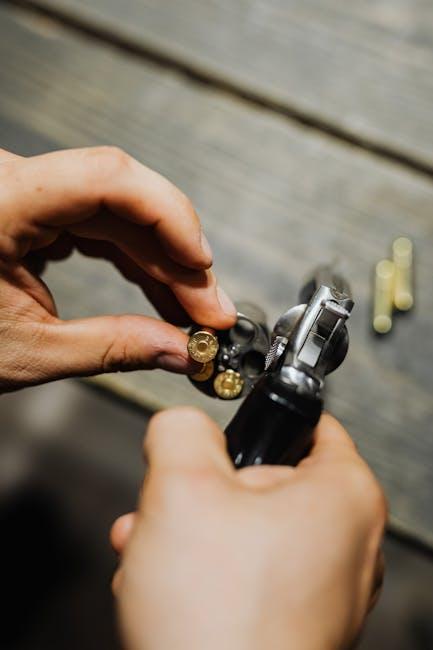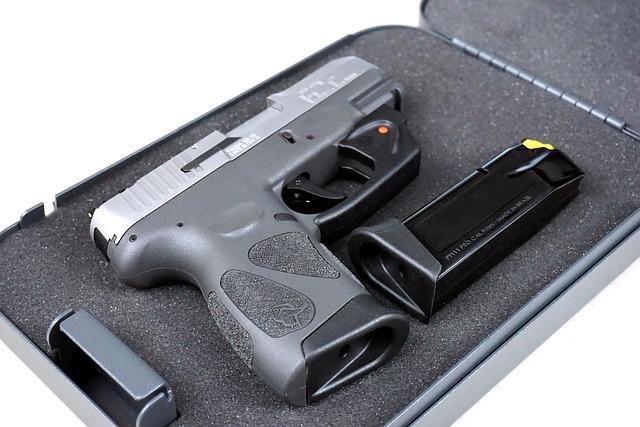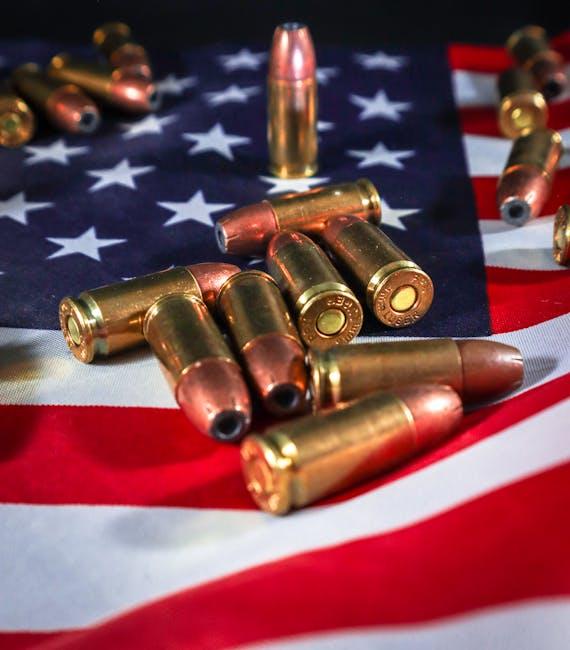In the bustling world of modern dating, where swipes and likes set the stage for romance, an underlying question quietly simmers: Are self-defense tools a necessary precaution or merely a product of fear-mongering? As singles venture into the unpredictable landscape of first encounters and blind dates, the debate over personal safety tools takes center stage. Is it prudent to be prepared, or are we allowing fear to dictate our actions? This article delves into the complexities of dating in today’s world, exploring the balance between empowerment and paranoia, and seeking to understand whether self-defense tools are a staple for all daters or an overblown precaution.
Understanding the Landscape of Modern Dating Safety
In today’s digital age, the dating scene has evolved dramatically, bringing with it a host of new safety concerns. While traditional dating safety tips still hold value, the integration of technology and the rise of online interactions have introduced unique challenges. This raises the question of whether carrying self-defense tools is essential for everyone or merely a reaction to heightened fear.
It’s important to weigh the realities of modern dating risks against the backdrop of personal comfort and safety. Here are some considerations:
- Personal Comfort: Some individuals feel more secure with self-defense tools, boosting confidence during dates.
- Situational Awareness: Awareness and intuition can often serve as the best defense, reducing reliance on physical tools.
- Legal and Ethical Concerns: Understanding local laws regarding self-defense tools is crucial to avoid legal issues.
- Technological Solutions: Apps and wearables designed for personal safety can offer alternatives to traditional tools.
Ultimately, the decision to carry self-defense tools is deeply personal, influenced by individual experiences and comfort levels.

Evaluating the Effectiveness of Self-Defense Tools
When considering self-defense tools, it’s essential to assess their true effectiveness. These tools, ranging from pepper sprays to personal alarms, are designed to offer a sense of security. However, their actual impact can vary based on several factors:
- Ease of Use: Many tools require a level of familiarity and practice to be effective. If a tool is too complicated, it may not be useful in a moment of need.
- Accessibility: In high-stress situations, the ability to quickly access a tool is crucial. Items buried in a bag or difficult to reach can render them ineffective.
- Legal Considerations: Some self-defense tools are subject to legal restrictions depending on the location. It’s important to ensure that carrying and using them complies with local laws.
- Psychological Impact: While these tools can provide a sense of empowerment, they can also contribute to heightened anxiety or fear if one becomes overly reliant on them.
Ultimately, the decision to carry self-defense tools should be a personal one, guided by individual comfort levels and specific circumstances. Evaluating their effectiveness requires a balance between practicality and personal safety needs.

Balancing Preparedness and Peace of Mind
In the world of modern dating, the conversation about self-defense tools often walks a fine line between necessary precaution and inducing unnecessary anxiety. Striking the right balance involves recognizing personal boundaries and understanding individual comfort levels. Here are some considerations:
- Personal Comfort: Carrying self-defense tools like pepper spray or a personal alarm can offer peace of mind for some, while others might feel burdened by the constant reminder of potential danger.
- Contextual Awareness: It’s crucial to assess the environments and situations where one might feel more vulnerable. For instance, meeting someone new in a public space versus a secluded area might influence the decision.
- Empowerment vs. Fear: For some, having a self-defense tool is empowering and reinforces their confidence. However, it’s important to ensure that these tools are not solely relied upon, potentially overshadowing one’s instincts and situational awareness.
Ultimately, the decision to carry self-defense tools should be personal, informed by individual needs and circumstances, rather than driven by societal pressure or fear-mongering narratives.

Empowering Choices: Personal Safety Recommendations for Daters
In the realm of dating, ensuring personal safety is paramount. Empowering choices can make a significant difference, whether you’re meeting someone new or nurturing an existing relationship. While self-defense tools can offer an added layer of security, they’re not the only option. Consider these strategies to bolster your confidence and safety:
- Trust Your Instincts: Your intuition is a powerful tool. If something feels off, don’t hesitate to prioritize your safety.
- Share Your Plans: Let a friend or family member know where you’re going and who you’re meeting. A simple text can make all the difference.
- Choose Public Places: Meeting in a crowded, well-lit location can provide a safer environment for first encounters.
- Set Boundaries: Communicate your comfort levels clearly and confidently. It’s okay to say no.
While self-defense tools might offer peace of mind for some, they’re just one piece of the puzzle. Empowering yourself with knowledge, communication, and awareness can often be the most effective defense. Choose what aligns with your comfort and values.



